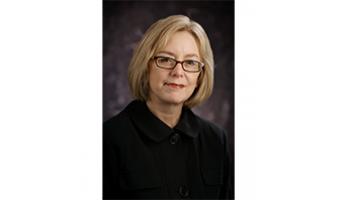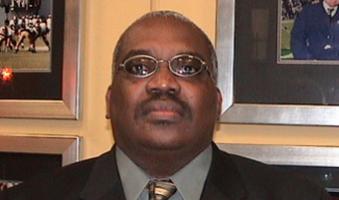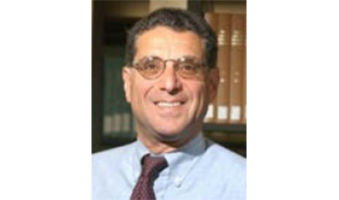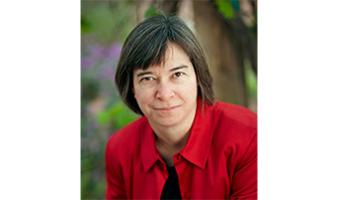Author of the Week: Professor Raneta Mack from Creighton University School of Law
Professor of Law, received her Bachelor of Arts degree in Political Science, cum laude, and her Juris Doctor degree, cum laude, from the University of Toledo.
Professor Mack joined the Creighton University School of Law in 1991, after serving as an associate with the law firm of Davis, Graham & Stubbs in Denver, Colorado, where her practice focused primarily on litigation and bankruptcy law.
At the law school, Professor Mack teaches Criminal Law, Criminal Procedure, White Collar Crime, and Comparative Criminal Procedure. In 2006, she was the recipient of a Fulbright Grant, which gave her the opportunity to travel to Vilnius, Lithuania to deliver lectures on money laundering and its role in global terrorism.
Professor Mack has published articles on several criminal law related issues including concealed weapons laws, money laundering, bias in the criminal justice system, and problems with the Federal Witness Protection Program. She has also published articles on a variety of computer technology issues including the legal implications of adopting digital signatures, the use of technology to promote alternative dispute resolution, and computer crime statutes in the United States.
Professor Mack is the author of five books, “A Layperson’s Guide to Criminal Law” (1999), “The Digital Divide: Standing at the Intersection of Race and Technology” (2001), “Equal Justice in the Balance: America’s Legal Responses to the Emerging Terrorist Threat” (with co-author Michael J. Kelly) (2004), “Comparative Criminal Procedure: History, Processes and Case Studies (2008) and “A Criminal Procedure Anthology: Cases, Readings and Comparative Perspectives (2013).
Professor Mack also provides expert commentary to the local and national media on criminal law, white collar crime and computer technology related issues.









